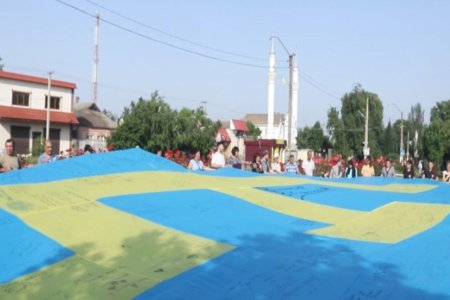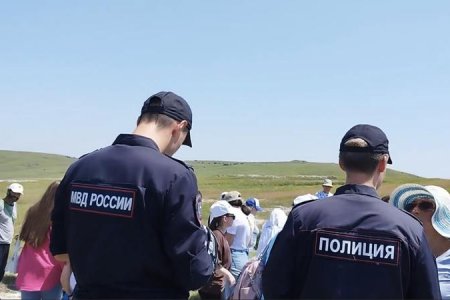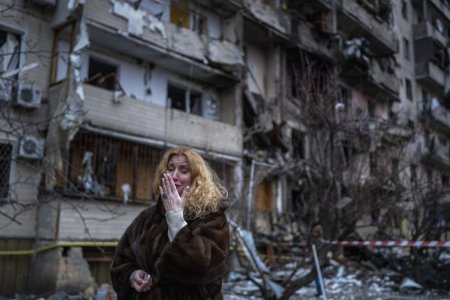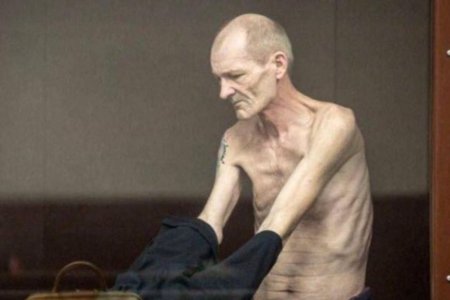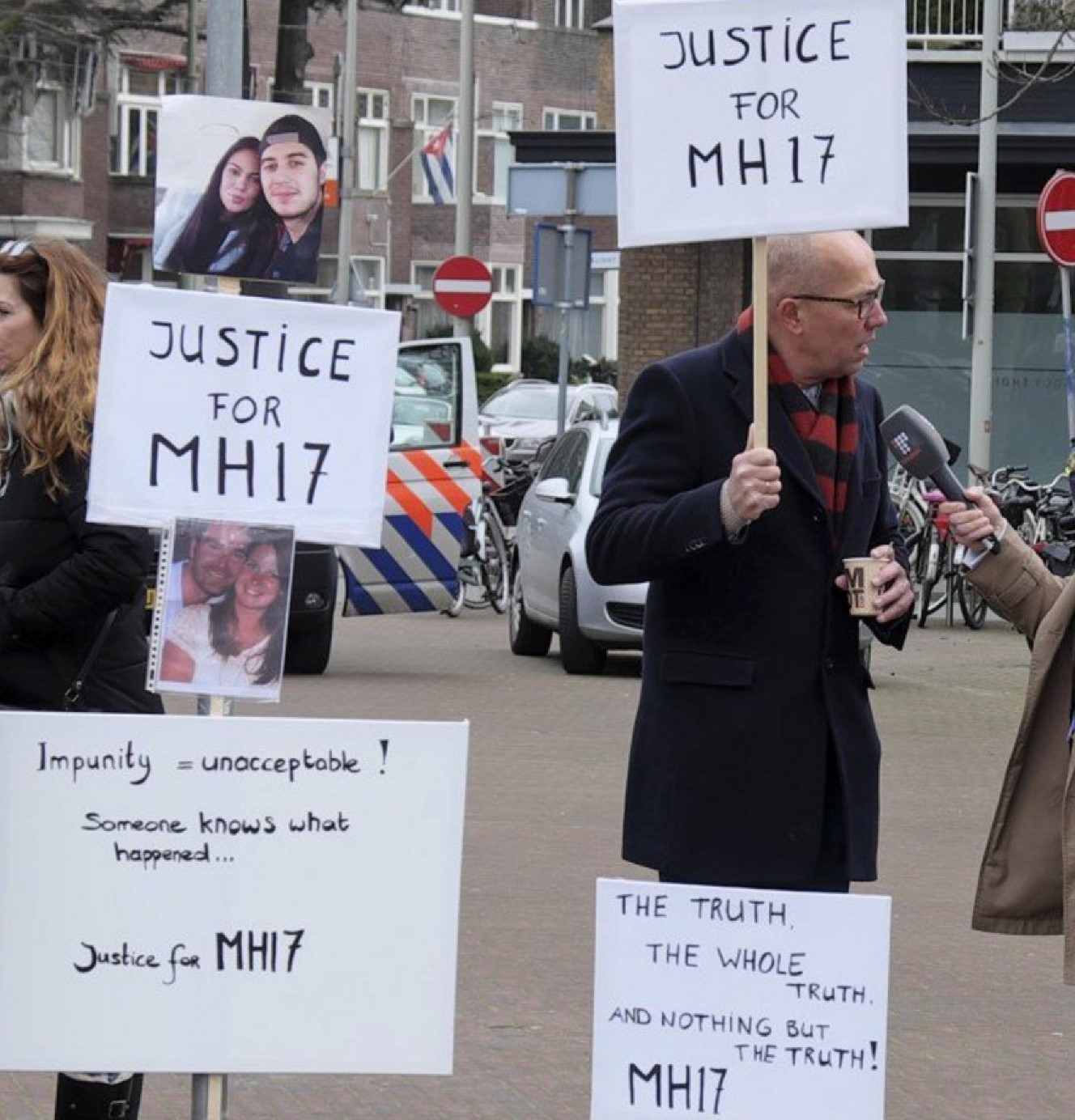
In an otherwise disappointing judgement, the UN’s International Court of Justice [ICJ] at the Hague has found that Russia violated the right of Ukrainians to education in their own language in occupied Crimea. Although it also concluded that Russia had flouted the Court’s own order from 2017 regarding Russia’s ban on the Mejlis, or representative assembly, of the Crimean Tatar people, it did not accept that Russia’s ban on the Mejlis and entirely disproportionate level of persecution of Crimean Tatars had been proven to fall under the Convention on the Elimination of All Forms of Racial Discrimination. The Court’s argument was that Ukraine had not proven that Russia’s ban, expulsion of Crimean Tatar leaders and persecution were racially, and not politically, motivated.
It is important to note that almost none of the Court’s decisions were even close to unanimous, and there were a large number of separate opinions, including that issued by Judge Donaghue, the President of the Court. In his statement, he said that the Court should have held that, by banning the Mejlis, Russia had violated its obligations under the International Convention on the Elimination of All Forms of Racial Discrimination.
The judgement on 31 January 2024 is one of two expected this week, is final “and binding”. ICJ, however, has no means of implementing its orders or judgements, as was shown on 19 April 2017 with respect to the judgement here, and on 16 March 2022, with respect to the ICJ’s order that Russia stop bombing Ukraine.
Ukraine’s suit against Russia was first lodged in January 2017, with preliminary hearings held that year, from 6-9 March. Ukraine accused Russia of violating two UN conventions which both countries have committed themselves to abide by: the International Convention for the Suppression of the Financing of Terrorism [ICSFT] and the International Convention on the Elimination of All Forms of Racial Discrimination [CERD]. Following the March hearings, ICJ issued its judgement on 19 April 2017, agreeing to Ukraine’s request for provisional measures only with respect to discrimination against Crimean Tatars and ethnic Ukrainians in occupied Crimea. By a majority of 13 votes to 3, it ordered Russia to “refrain from maintaining or imposing limitations on the ability of the Crimean Tatar community to conserve its representative institutions, including the Mejlis”. The order to “ensure the availability of education in the Ukrainian language” was passed unanimously.
While it is good that Russia has been found in violation on one point each of these internationally binding conventions, the judgement on the whole is disappointing, and in some ways, baffling. Although there was always doubt as to the success of the first part of the suit, regarding violation of the prohibition on financing terrorist groups, the ICJ’s interpretation of the Convention does seem extraordinarily narrow. It is also startling given the ruling, only 14 months ago, by the District Court of the Hague over the downing of Malaysian airliner MH17 by a Russian BUK missile. That court, in its ruling, found that Russia had been in overall control in the so-called ‘Donetsk people’s republic’ [‘DPR’]. The Joint Investigation Team and Dutch Prosecutor had earlier produced huge amounts of evidence of high-level Russian links with ‘DPR’ militants.
International Convention for the Suppression of the Financing of Terrorism [ICSFT]
In its 31 January judgement, ICJ found, by thirteen votes to two, that Russia had failed to investigate information received from Ukraine regarded individuals alleged to have committed offences set out in Article 2 of the International Convention for the Suppression of the Financing of Terrorism. Russia was thus found to have violated its obligations under Article 9, paragraph 1 of ICSFT.
By ten votes to five, the Court rejected all other submissions with respect to violations of ICSFT.
Worth noting that it was not only Dutch and international MH17 investigators who found that Russia had wielded control over the militants in the so-called ‘Donetsk and Luhansk people’s republics’. Even leading Russian ‘militants’ have acknowledged that there would have been no military conflict in Donbas, and certainly no victory, were it not for the direct and major input of Russian military hardware and forces.
All of this, however, was ignored by ICJ which chose to interpret ICSFT extremely narrowly and include only “monetary or financial resources provided or collected for use in carrying out acts of terrorism” and not the regular, documented, supply of weapons, military training, etc.
One of the separate opinions was from Judge ad hoc Pocar who specifically disagreed with the Court’s exclusion of weapons and other objects used operatively in terrorist acts from the definition of “funds” as “assets of every kind”. “In his opinion, this exclusion creates an additional element of intent that has no basis in the Convention. As a result, the Court refused to evaluate predicate acts the commission of which was sustained solely by the supply of weapons, including the shooting down of MH17.”
Convention on the Elimination of All Forms of Racial Discrimination [CERD]
The Court, by thirteen votes to two, found that Russia had, through the educational system it implemented in occupied Crimea, violated its obligations under Articles 2, paragraph 1 (a), and 5 (e) (v) of the International Convention on the Elimination of Racial Discrimination. The Court noted findings from OHCHR that there had been an 80 per cent decline in the number of students receiving an education in the Ukrainian language during the first year after 2014 and a further decline of 50 per cent by the following year. Russia had failed to provide “a convincing explanation for the sudden and radical changes in the use of Ukrainian as a language of instruction, which produces a disparate adverse effect on the rights of ethnic Ukrainians.”
However, the Court, by ten votes to five, rejected all other submissions regarding violation of CERD. The argument of the majority, disputed by many in separate opinions, was that the disappearances, expulsions, political trials and the ban on the Mejlis had not been proven to be examples of racial discrimination, and not politically motivated.
While it may well be true that the ban on the Mejlis was chiefly linked with the latter’s unwavering support for Ukrainian unity and opposition to Russia’s invasion, the logic seems very questionable. Crimean Tatars have been persecuted merely for trying to honour the victims of Stalin’s 1944 Deportation of the Crimean Tatar people, and the disappearances in the second half of 2014 included young Crimean Tatars who were almost certainly targeted purely on ethnic grounds. Ukraine’s suit was lodged way back in 2017, however the ICJ judgement has been issued in 2024, when it is downright dangerous in occupied Crimea to speak Ukrainian in public; sing Ukrainian songs or wave a Ukrainian flag, and when Crimean Tatars are most likely to end up facing armed searches, abductions and torture after any act of rail sabotage, etc.
Provisional measures
By ten votes to five, it found that Russia had violated its obligation under the same Order to refrain from any action which might aggravate or extend the dispute between the Parties or make it more difficult to resolve. By eleven votes to four, it rejected all other submissions made by Ukraine with respect to the Order.
The judgement can be found here, with a summary of the arguments, as well as of the separate opinions, presented here.
